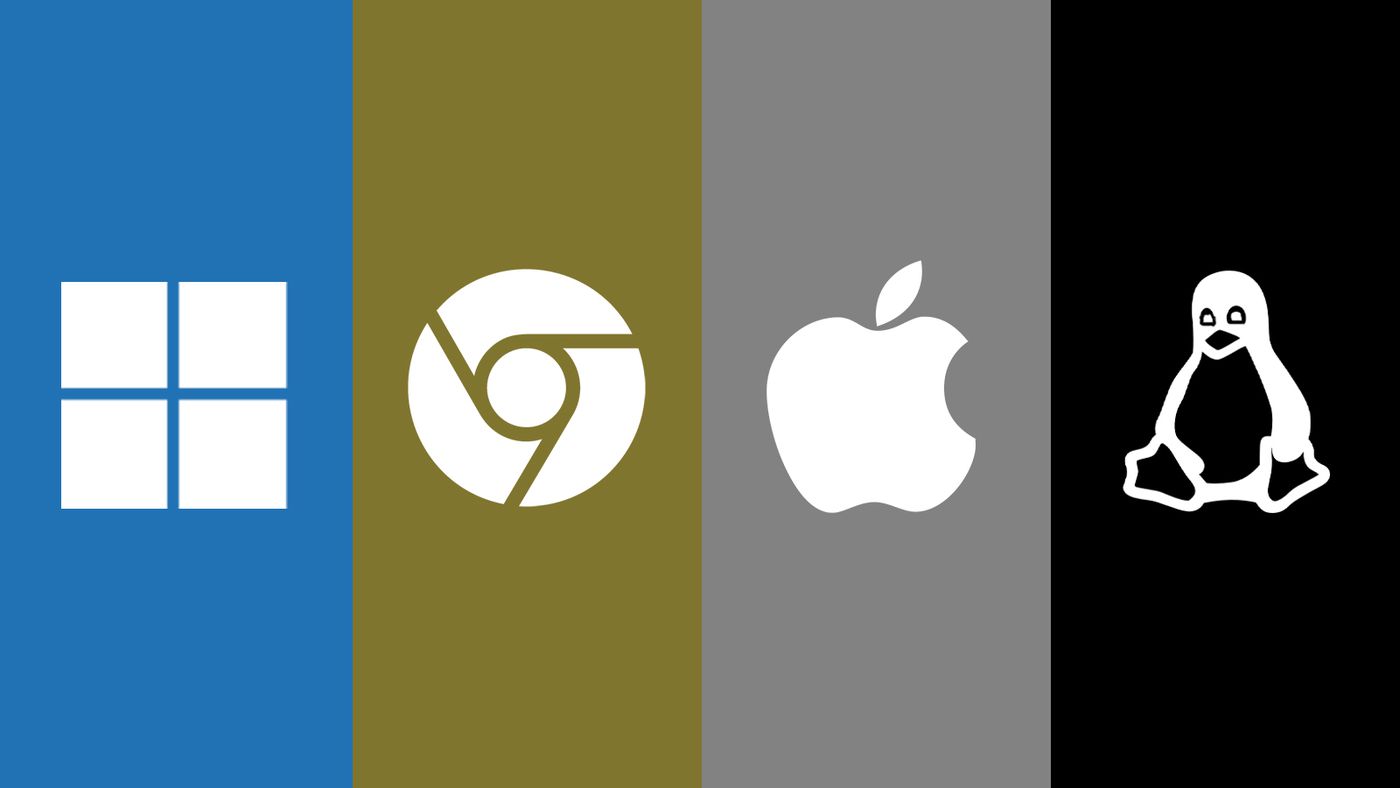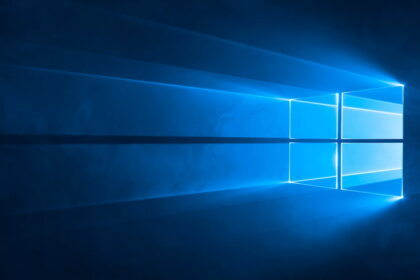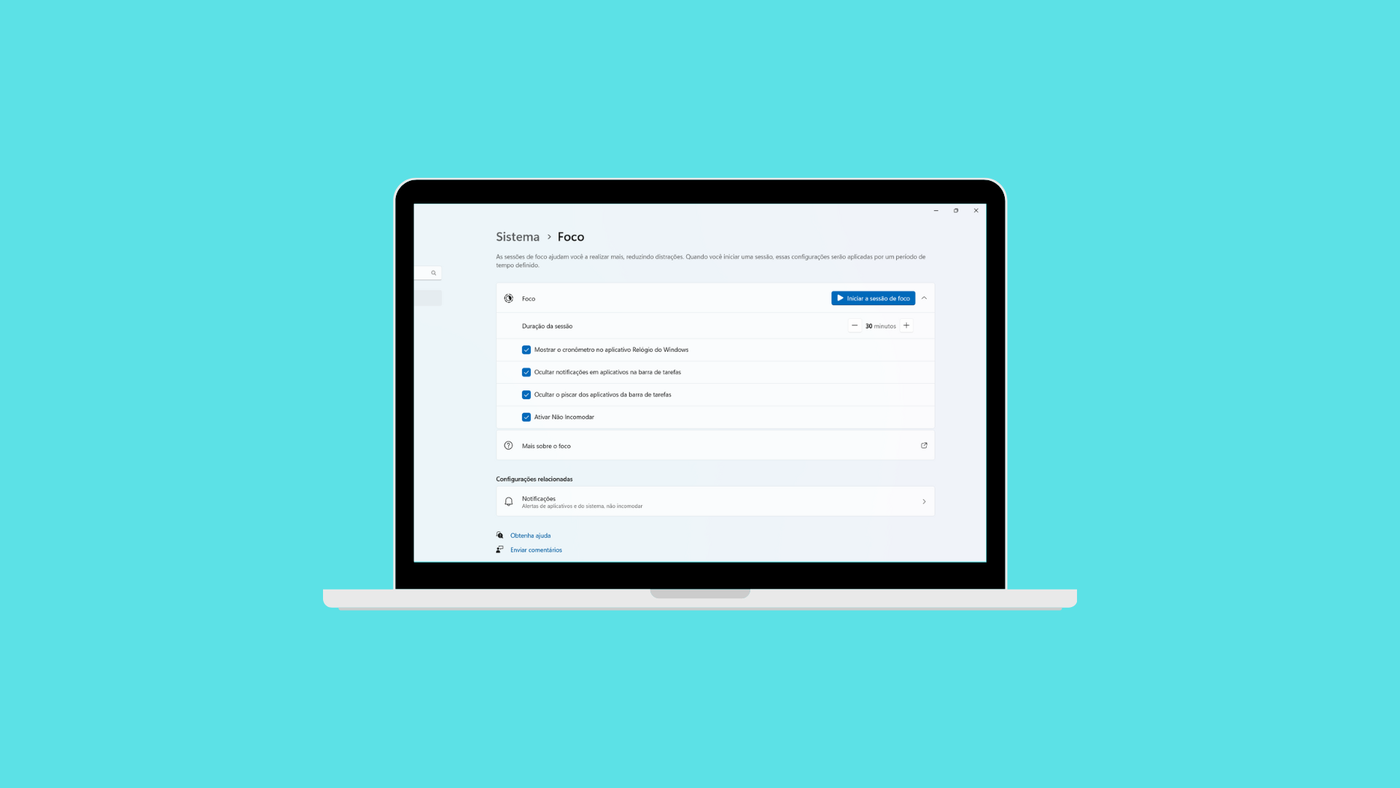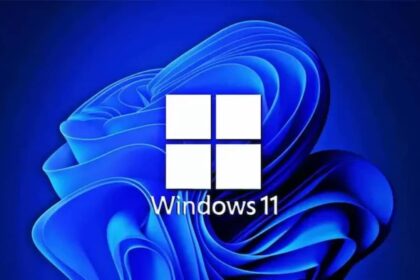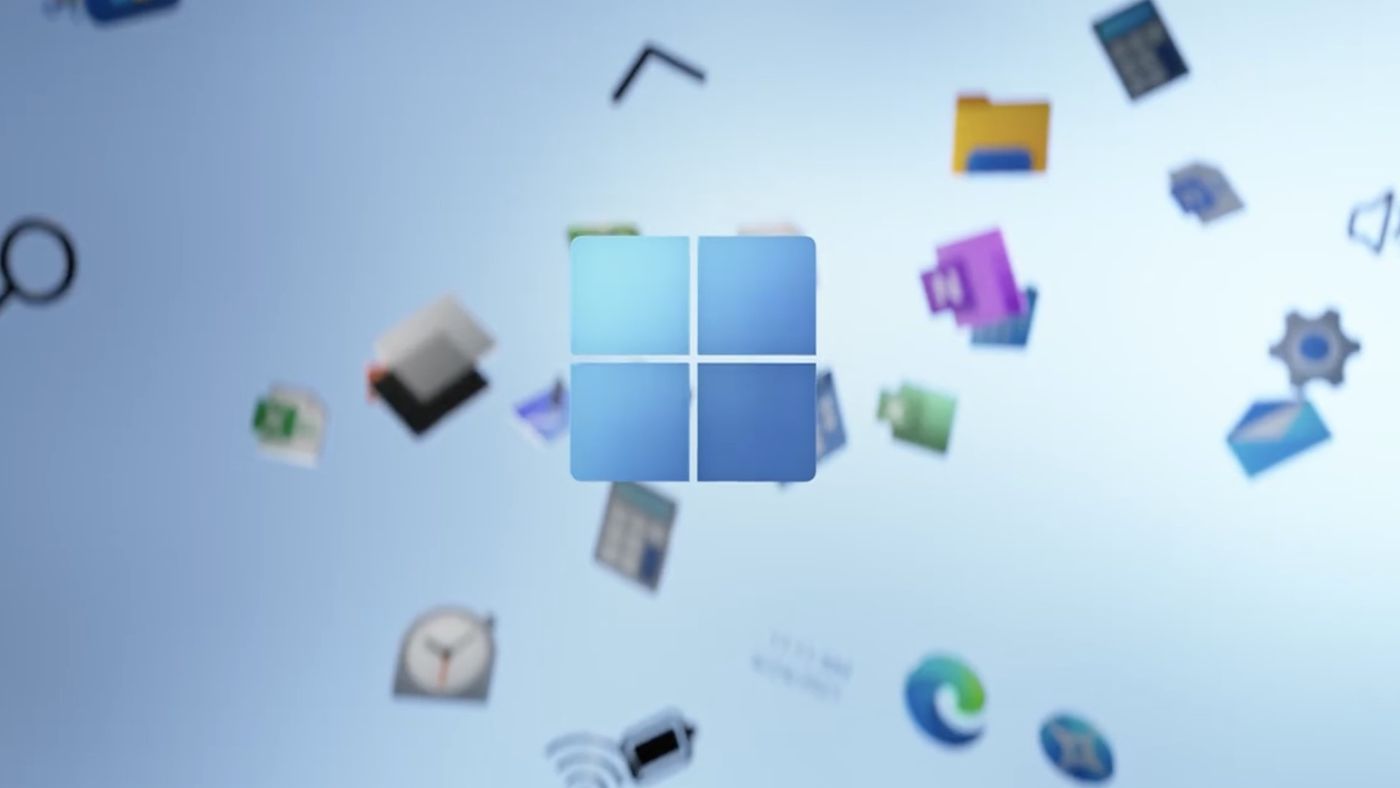Every computer needs an operating system to run, and there are several popular ones worldwide. Although many options exist, only a few have gathered a large user base. Do you know which operating systems are the most widely used?
An operating system is a complex piece of software comprising various smaller programs designed to manage and oversee all the resources in a computer. It’s responsible for hardware components like video cards, USB ports, and memory, as well as software, file organization, third-party applications, and various operations.
The beauty of operating systems is that they provide a graphical interface, making it easy for users to control their computers. Without them, you might have to work with lines of code to open a web browser, play music, or delete a picture.
We’ve gathered data from StatCounter, a company specializing in data related to digital technology. Please note that the statistics were collected until July 31, 2022, so the market shares may have shifted slightly. However, the overall ranking is expected to remain consistent, as user proportions have remained stable.
What are the most used PC operating systems
5. FreeBSD (0.01% market share)
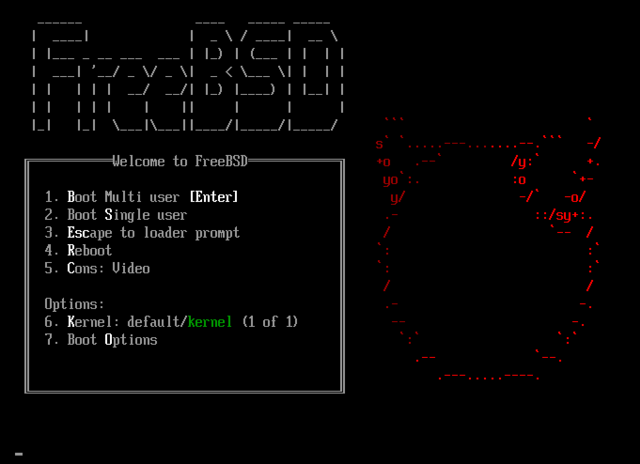
FreeBSD is a Unix-derived system, the same base as Linux and Android, but with specific differences. Unlike Linux, it is a complete open-source software that only provides the kernel and drivers to function as a standalone operating system.
The software is generally used on desktop and desktop computers but has modifications for smart devices like PlayStation 3 and 4, servers, and firewalls. Because it is not very popular, it is a practically virus-free system with a small community committed to bringing continuous improvements.
4. Chrome OS (1.86% market share)
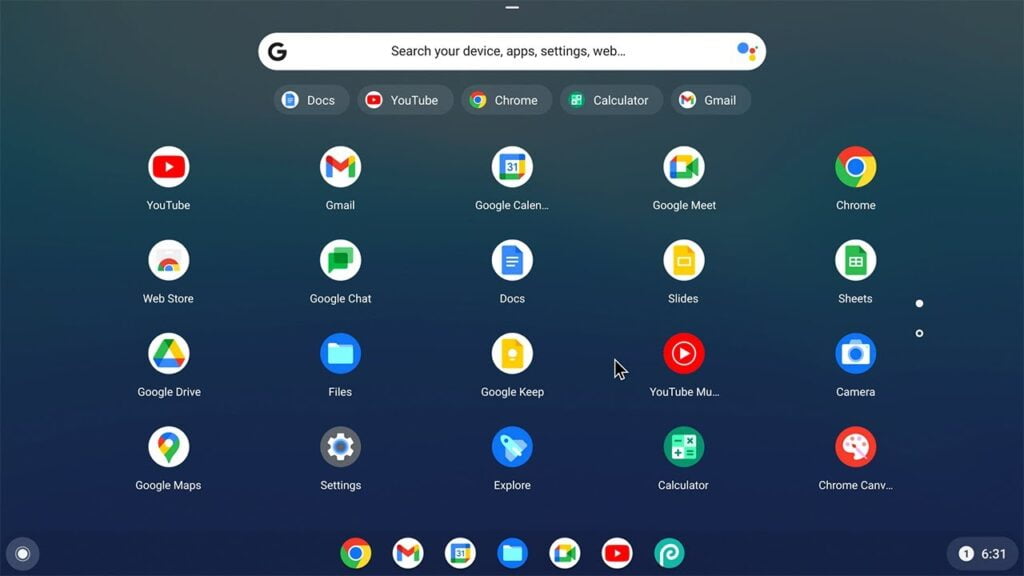
Chrome OS is the youngest on the list, but it already occupies the fifth position in the ranking of most popular systems. Created by Google, the OS was designed to run on notebooks with modest configurations, the so-called Chromebooks.
The operation is fully integrated with Google services as if you were using the Chrome browser for everything. This means that the text editor is Docs and the files are synchronized directly with the cloud, which requires an internet connection but is ideal for computers with little space on the HD.
3. Linux (2.81% of the market)
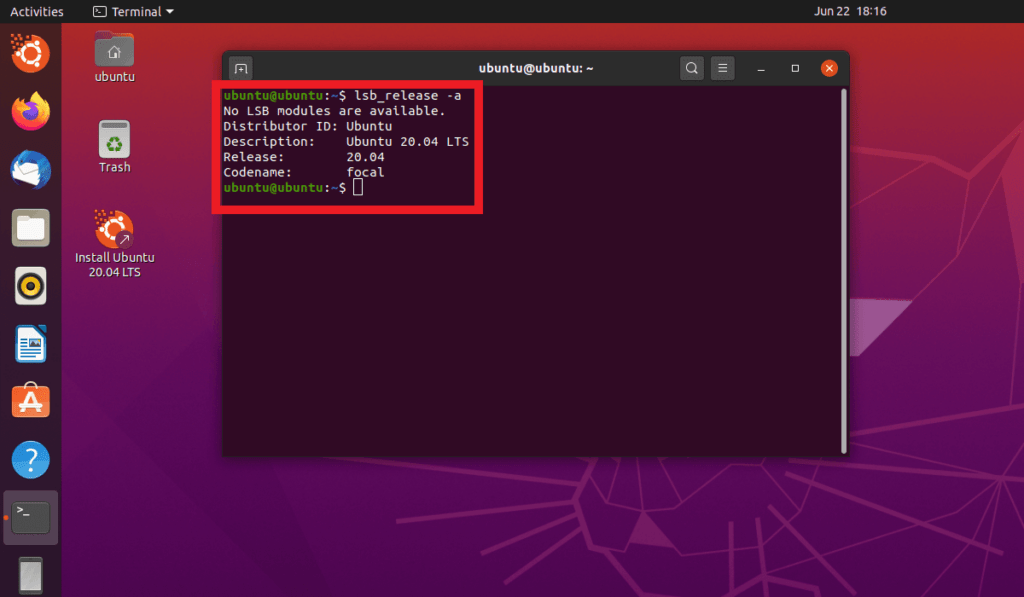
Linus Torvalds created the famous Unix-based system to be the ultimate alternative to paid operating systems. Linux has a kernel developed by the passionate community that is always looking to expand usability, without giving up security and stability.
Linux has a multitude of variants and is the darling of developers. There are beautiful and functional versions for the most laymen, but it also offers complex interfaces for the advanced ones. The OS is today the operating system most used in servers, databases and computers aimed at technical use.
2. macOS (14.4% of the market)
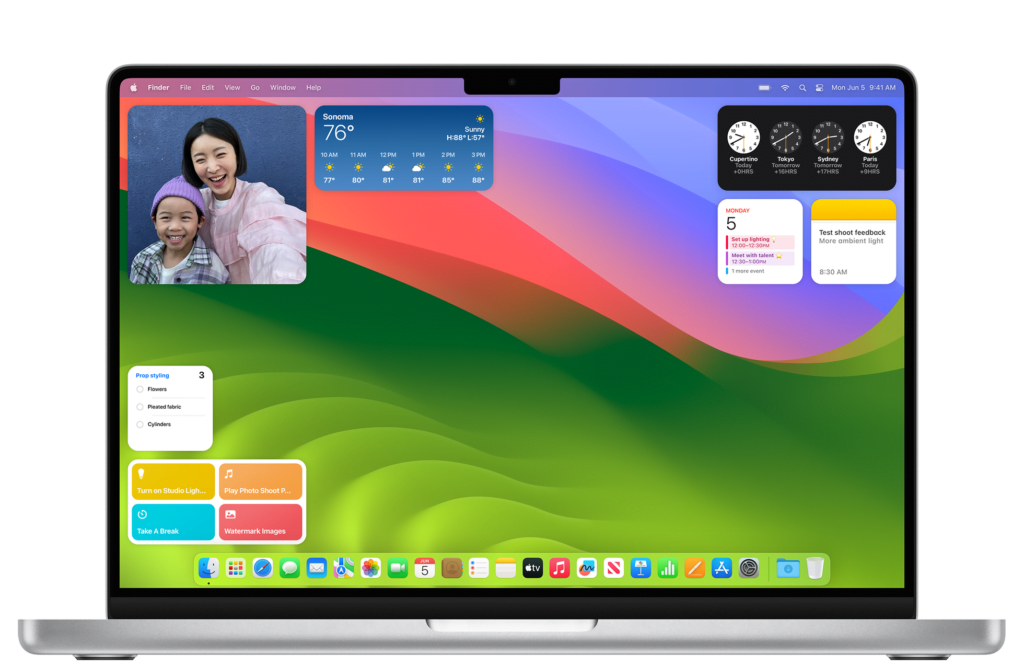
macOS is an evolution of OS X and has so much market for being the official operating system for Apple’s desktop and notebook computers. The software was designed to run perfectly on the different architectures of these machines, making it impossible to install it on PCs in the traditional way.
Even with this exclusivity footprint, macOS is the second most popular operating system in the world due to Apple’s popularity over the last decade. The software has compatibility with various iOS programs, integration with the company’s solutions and devices, as well as excellent stability.
1. Windows (74.73% of the market)
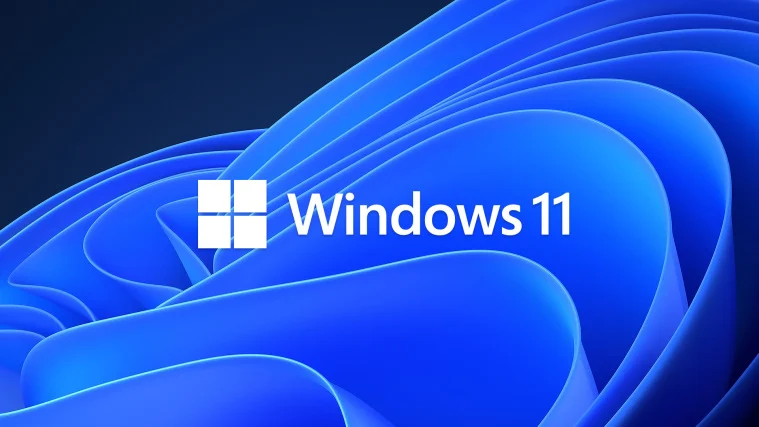
Windows is the most used operating system in the world. Absolute leader, Microsoft’s software has numerous versions and goes ahead of second place with plenty of room. This results from the constant support the developers offer, with weekly updates, and immense compatibility with programs, games and hardware.
The most curious part is that, unlike Apple’s rival, it is sold as a paid solution for values that are not always inviting. This also made the OS a target of digital pirates in the past, which also explains a part of this huge user base inherited until today.
Extra: Unknown (6.19% of the market)
This is a category that encompasses all systems that could not be mapped by StatCounter. This occurs when the algorithm has not been able to identify which system you are running, even if it is one present here in the list, for some unknown reason.
This identification difficulty may be due to security mechanisms such as anti-tracking browsers, firewalls or utilities designed to hide data from your operating system. As you can see, there are more than 6% of people on the planet in this condition, an indication that the user is more concerned about their online privacy.
The top 1 on the list was easy to spot, but did you have any idea about the others? Will the reign of Windows last for many years to come, or could Linux and macOS rival Microsoft’s solution one day?

